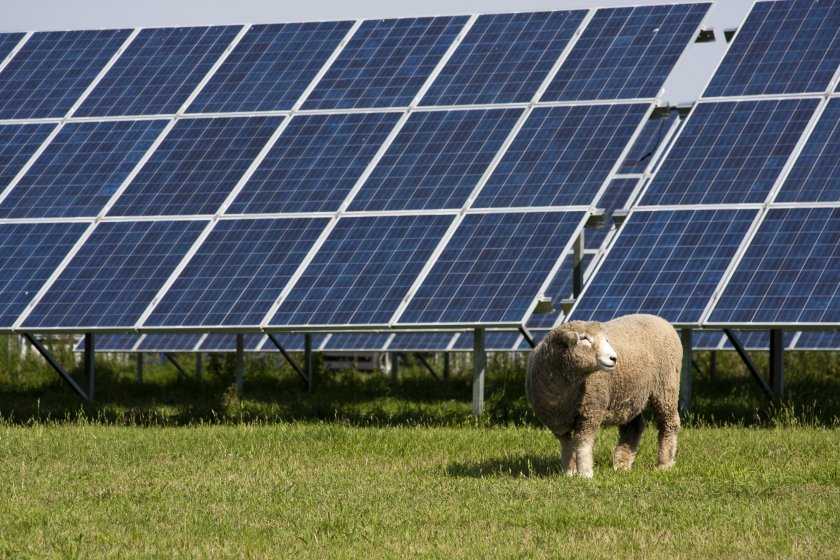
Farmers and landowners are being asked to boost security as figures show a major increase in solar panel and cabling theft.
This rise in solar crime should act as a 'call to action' for owners to check their security and insurance, an expert has warned.
Police figures have revealed a 48% rise in solar panel and cabling theft from 2021 to 2022, and thefts are not limited to large-scale and commercial solar farms.
Increased energy prices, the ‘cost of living’ crisis, and the fact that sites with solar panels attract eco-conscious buyers have contributed to a growth in residential solar panel installations.
Residential homeowners typically install between 10 and 15 panels, with a value of around £7,000.
More than 1.4 million solar panels are already in domestic properties – a figure that is expected to rise.
But George Pratt, of rural insurance broker Lycetts, warned that criminals "have realised a lucrative opportunity".
He said: “Although copper cabling in the stolen panels can make money for thieves, panels are often easier and quicker to steal, and can be easily advertised online and sold on the black market.”
He has recommended a number of measures that could help deter potential thieves, including CCTV cameras, security marking, alarms, security lighting, security fencing, and anti-climb barriers.
Remote properties in rural areas are particularly vulnerable, especially to opportunistic thieves, Mr Pratt said.
Domestic installations of solar panels are usually considered as ‘permanent home fixtures’ by insurance companies, provided they are located on roof tops, and not on the ground.
He said: “Ensuring you have adequate cover on your existing home insurance policy to cover the cost of replacements should not result in any significant increases for premiums."
